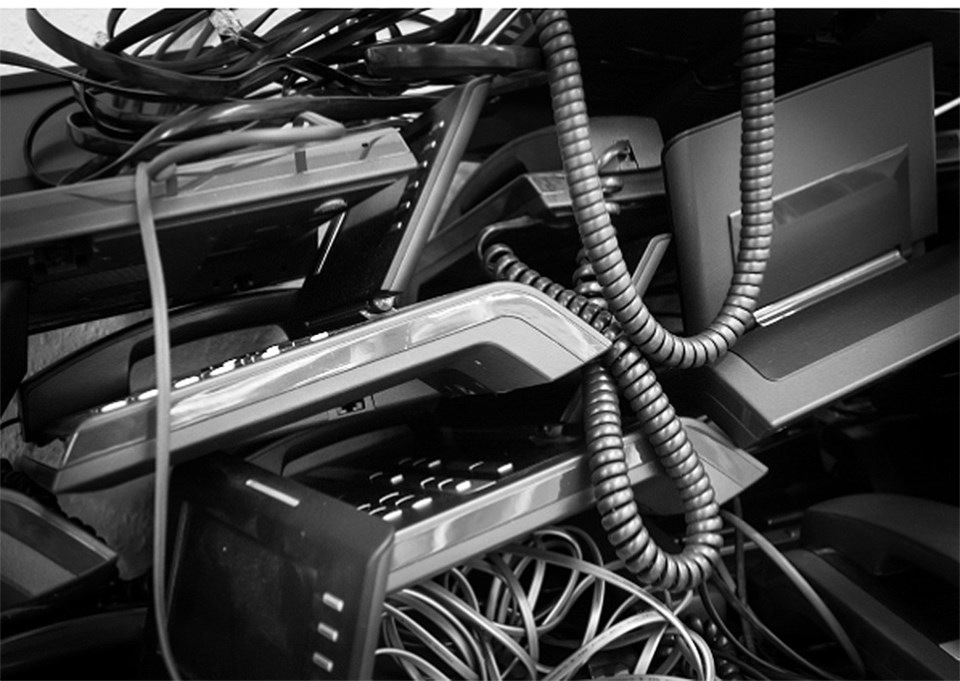Electronic waste once again led the way when it came to banned materials found in garbage loads headed to the Vancouver Landfill in Delta and other regional waste facilities last year.
A recent report to Metro Vancouver’s Zero Waste Committee notes that in 2022, of 800,855 garbage loads, 194,588 loads were inspected, of which 23,623 loads were found to contain banned materials. There were 3,462 surcharge notices issued last year.
Electronic waste led the way as far as banned materials with 32 per cent of the surcharge notices in 2022, up from 26 per cent of the surcharge notices the year prior. The electronic waste included vacuums, kitchen appliances, home entertainment systems, computers and other household electronic items.
Corrugated cardboard accounted for 21 per cent of the surcharge notices in 2022, down from 25 per cent in 2021, while food waste accounted for eight per cent of the surcharge notices last year, up from five per cent the year prior.
Wire, hosing, rope or cable longer than one metre accounted for two per cent of the surcharge notices in 2022. In previous years, that category was less than one per cent and was included in an “other banned materials” category.
The report also notes that in 2022, several companies had increases in their surcharge rates compared to previous years.
“In some cases, companies with excellent recycling programs have high surcharge rates. Some of these companies process recyclables, and material delivered for disposal may still have some banned materials. Changes to the disposal ban program model are being considered to allow exemptions for companies that can demonstrate they have implemented all practical measures to prevent recyclables being disposed of in the waste stream,” the report adds.
Meanwhile, as Metro Vancouver continues to work on updating its Solid Waste Management Plan, a consultant has been hired to review the disposal ban program.
The regional district is also planning a smart waste program that involves the use of location-based electronic devices to observe the movement of garbage around the region
Closing in phases and scheduled to shut down completely in 2037, the Vancouver Landfill is currently authorized to accept up to 750,000 tonnes of municipal solid waste for disposal each year.
According a 2022 annual report by the City of Vancouver, which operates the landfill, a combined total of 734,486 tonnes of waste was disposed at the landfill last year, of which 1,045 tonnes was out-of-region municipal solid waste.



